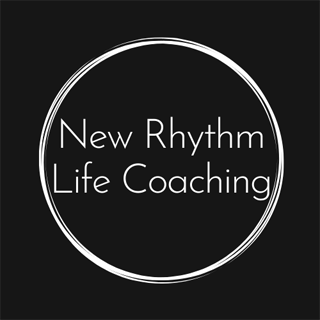Why Diet & Exercise Decisions Don’t Come Easy
It’s not just you when you don’t feel like going to the gym, or you don’t feel like honoring your food plan to not eat chips or chocolate cake today.
The primary purpose of your brain is to keep you alive.
In order to increase the odds of survival, through evolution our brains have become hardwired to be motivated to seek pleasure, avoid pain, and conserve energy, also known as the Motivational Triad.
We’re not naturally inclined to “leave the cave” because of this.
Things like chips, chocolate cake, and Netflix satisfy the lower brain’s desire for all three, so why get off the couch?
In the case of weight management, this Motivational Triad no longer serves us in today’s modern society where food is concentrated, richer and contains more calories per bite, and creates an unnatural dopamine reward response, leading our brain to believe that concentrated foods are much more important to eat than they really are.
Dopamine “hits” from eating sugar and refined flour promote rapid learning to preferentially find more of these “life preserving” foods.
Evolutionary psychologist, Dr. Doug Lisle, studies a concept called, “The Dietary Pleasure Trap,” where he explains our instincts tell us to seek the most pleasure for the least pain and effort, which these concentrated hyper-foods provide, so when we stop eating these foods to improve our health, it feels wrong.
We are working against our biology when we choose a salad over pizza on our food protocol, or we decide we will only eat chocolate cake on Friday night as a part of our planned “joy eat” when we used to eat chocolate cake every night.
We are working against our evolution when we decide we are going to go to the gym and run for 5 miles on the treadmill.
So, be compassionate with yourself—it is not easy to go against misguided instincts that are pulling you to settle for less.
The solution?
Plan your meals 24 hours in advance, using your higher brain, make choices and continue to make choices that serve your weight management and health goals.
Follow your food protocol and honor your choices.
Know it will feel wrong to not eat the snacks, desserts, and other concentrated foods, but in a few weeks, your body and brain can recover from “The Dietary Pleasure Trap.”

